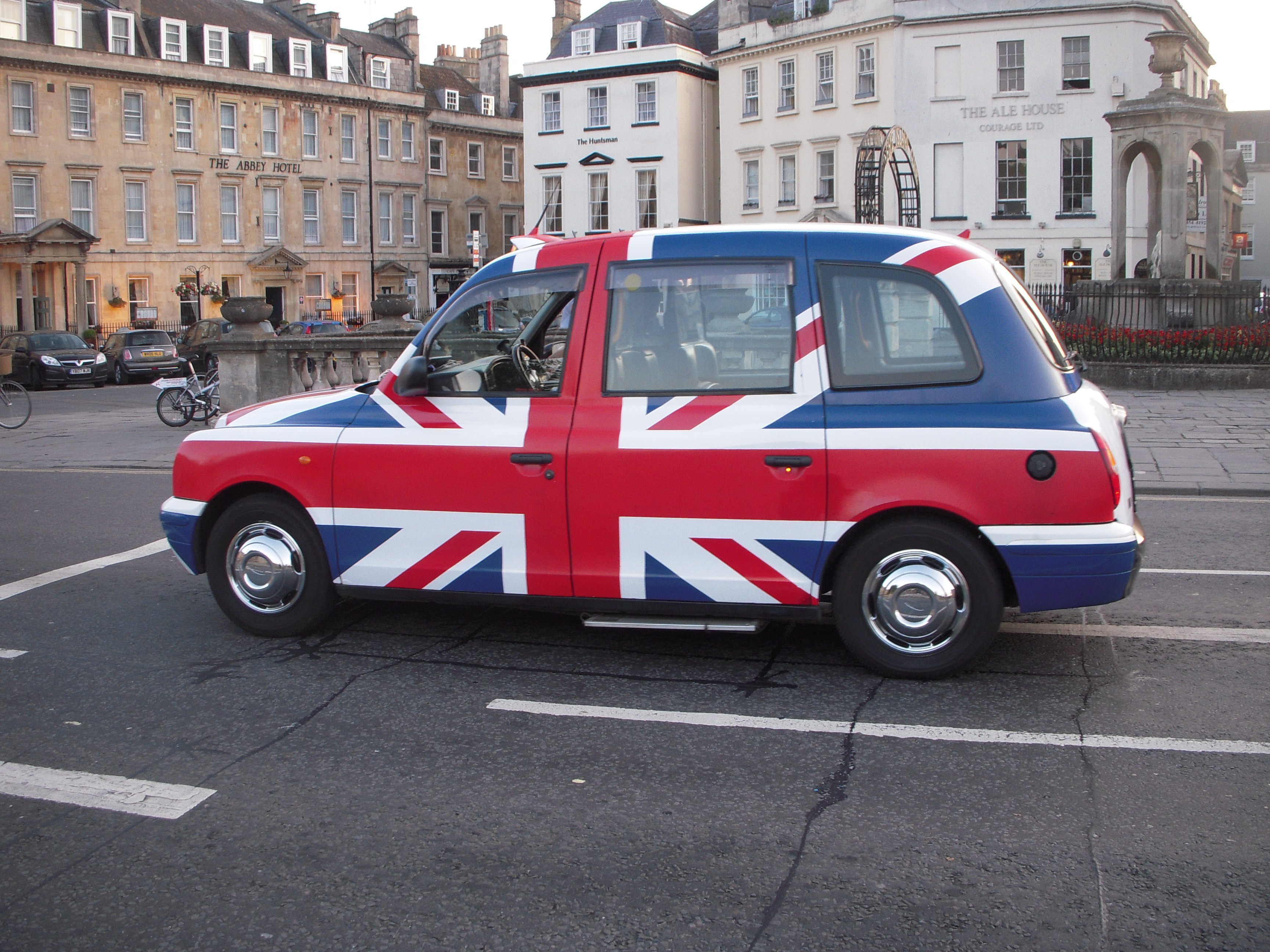
Image by BKP (Own Work) via Creative Commons
Tourism has a big impact on the UK economy. Figures from the World Travel and Tourism Council show that:
- The total contribution of travel and tourism to UK GDP was £187.7bn in 2014, and is forecast to rise to £263.9bn in 2025
- In 2014 travel and tourism directly supported 5.7% of total UK employment
- Visitor exports from the UK generated £27.4bn (5.6% of total exports) in 2014
- Travel and tourism investment in 2014 was £13.0bn (4.2% of total investment).
However, tourism development comes at a price, and often the burden falls on local government. Museums and galleries require year-round maintenance; organising, policing and cleaning up after major events can generate significant costs, and spreading the word about an area’s attractions can be expensive. At the same time, responding to the environmental impacts of tourism – from waste management to traffic congestion – can put additional strains on local budgets that are already under pressure from austerity measures.
Which is why some councils have been revisiting the idea of taxing the tourist.
A case for local tourism taxes?
In some of the world’s major cities, accommodation taxes for overseas tourists have become commonplace:
- Paris charges a city tax based on the grading of the hotel and the part of town it’s in
- New York bases its hotel tax on a formula of a set amount based on the room value
- Berlin levies a tax of 5% of the room rate, but has a business traveller exemption
In the UK, accommodation taxes have failed to gain widespread support. The 2007 Lyons Inquiry into the role, function and funding of English Local Government floated the idea of a local visitor tax to be levied by local authorities.
“… in some areas there may be a case for a tourist related tax, developed in partnership with local businesses and residents – possibly through an annual bed licensing scheme levied on operators, or alternatively by directly levying the tax on overnight visitors.”
Both the Labour government and the opposition parties made it clear that they would not be taking the Lyons recommendation any further.
However, the recession of 2008 and subsequent budgetary pressures on local government have forced local authorities to find additional sources of revenue to support tourism development.
- In 2015, Camden Council was reported to be looking at adopting a £1-a-night bed tax, similar to charges used in Paris, Berlin and Barcelona. It was estimated that the additional charge could raise £5m a year which could be used for additional street cleaning in popular tourist areas.
- Edinburgh City Council proposed the introduction of a tourist tax to help pay for major events, such as the city’s world-famous arts festivals and Hogmanay celebrations.
In 2013, the London Finance Commission suggested a tourism tax could have particular potential in London because of the size and needs of the capital’s leisure and tourism industry:
“If the city’s cultural, tourist and entertainment industry are to flourish, there is a powerful argument for a levy that could then be reinvested in marketing and urban realm improvements.”
The tourist sector’s view
The UK’s tourist industry is strongly against imposing additional charges on tourists, arguing that VAT and the air passenger levy already make the UK one of the most expensive tourist destinations in Europe.
Edinburgh’s proposed tourist tax provoked strong opposition from the industry. A spokesman for an alliance of 250 Scottish tourism businesses and organisations said:
“We are already contributing a huge amount to the economy. It is too easy to take a swipe at us. Scotland is already an expensive place to come and visit because of the value of the euro at present. A tourist tax would simply add further expense for the visitor coming here.”
Another way forward?
Although there is support in some local authorities for an accommodation tax on visitors, the powers to impose such taxes would require new legislation, which in the present political climate is unlikely.
An alternative route to finding additional funding may be found in the idea of Business Improvement Districts (BIDs). These are business-led partnerships which are created to improve the business environment of a commercial area through, for example, improvements to infrastructure and services, public safety, promotion and marketing. The Centre for London has suggested that the BIDs idea could be further developed to create Tourist BIDs, or T-BIDs. In the United States, T-BIDs have been credited with reshaping the tourism landscape and boosting visitor numbers by specifically funding tourism development.
In 2014, the UK’s first T-BID was established when six Highland Council wards voted to establish the Loch Ness and Inverness Tourism BID. Further T-BIDs have also been proposed in Birmingham and Torbay, and it appears that Edinburgh is now also thinking along these lines. The idea is not without its critics, and some businesses have expressed concern that it may amount to a “backdoor tourism tax.”
There are no quick fixes to the challenge of financing tourism development, but if the UK’s visitor economy is to continue growing, the public and private sectors need to continue exploring funding models that meet escalating demands.
Follow us on Twitter to see what developments in policy and practice are interesting our research team.
Further blog posts from The Knowledge Exchange on economic development:
Share
Related Posts
A recent item on BBC Radio 4’s Today programme generated an unusually high number of responses from listeners. A man who had lost his job in the financial services sector at the age of 57 described his difficulty in trying ....
Tackling geographical inequalities is critical for ensuring that all parts of the country have the potential to prosper. When the UK was a member of the European Union, it was entitled to a share of funding from the EU’s structural ....
In recent years, there has been an increasing focus on ensuring people with ‘lived experience’ are involved in co-producing research and policy-making at practical, local level. However, there has been little discussion around what the people with lived experience themselves ....

